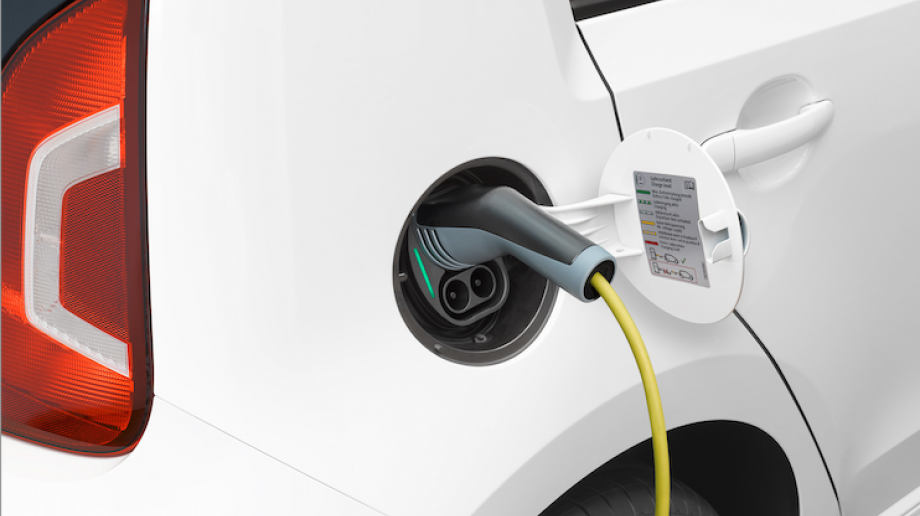Councils falling behind with EV infrastructure plans

Local authorities are struggling to implement their electric vehicle (EV) infrastructure plans, according to research from Believ.
This is despite the UK Government’s ambition to have 300,000 public charge points available by 2030.
The research shows that many local authorities have fallen significantly behind in their intended plans, with almost half now pushing the deadline for completion beyond the 2030 ambition.
In 2022, a fifth (20 per cent) of the 100 councils surveyed said they hoped to have local charging infrastructure rolled out within 12 months and almost three-quarters (72 per cent) aimed to do so within three years.
Rather than this figure having risen, as might be expected, the opposite seems to be the case and progress is stalling: not a single council is yet to have fully implemented its plans and only 13 per cent expect to do so any time soon. Almost half (47%) believe it will now take more than three years.
Perhaps of greater concern is the fact that 34% of respondents have no formal infrastructure plan in place, and most cite a lack of public funding as the biggest roadblock to progress. This is despite £57m of Government and private funding being released in 2023, out of the committed £800 million, which will be released incrementally across the next two or three years.
Many local authorities, particularly in less affluent areas, also state that they cannot justify the costs of implementing an EV infrastructure when so few people drive EVs. While 67% of consumers say they would buy an EV because of the lower running expenses, many are put off by the lack of EV charge points.
Believ’s CEO Guy Bartlett thinks local authorities should look for alternative and more accessible forms of funding: “There is no doubt local authorities need more support, more resources and more manpower for the EV charging infrastructure challenges they face,” he says, “but rather than rely on public sector funding, local authorities can look to the private sector who can plan, install and maintain charge point infrastructure at zero cost to local councils and help them benefit sooner from revenues generated.”
Bartlett also points out there is added urgency for a comprehensive EV charging infrastructure with the growth of the second-hand EV market: “Last year EVs became more affordable and accessible to the 80 per cent of drivers who buy second hand rather than new cars. They will not switch unless they are confident in the charging infrastructure, and currently, they are not.
“Without them, national and local Government will struggle to achieve their net zero targets.”







